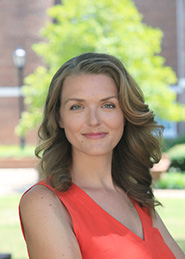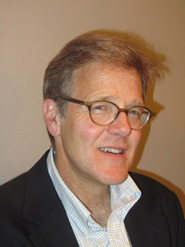
Our scholar Erik Angner has coordinated the workshop “Workshop: Happiness, Virtue, and the Meaning of Life” at Stockholm University.
In recent years, psychologists, neuroscientists, economists, and other scientists have turned their attention to traditional philosophical themes of happiness, virtue, and the meaning of life. Perhaps not coincidentally, philosophers’ interest in these themes appears to have been rekindled.
This two-day workshop aims to close the gap between empirical and philosophical approaches to questions of happiness, virtue, and the meaning of life, in the interest of encouraging the development of an empirically informed philosophy and a science with philosophical awareness.
The workshop’s keynotes are the Co-Principal Investigators for Virtue, Happiness, & the Meaning of Life.
Jennifer A. Frey’s talk is
Candace Vogler’s talk is
Synderesis
Aquinas holds that human beings are the animals that have to figure out what to do–things are differently challenging for us than they are for other kinds of animals, however careful he is to notice that the highest levels of cognitive functioning in some nonhuman animals are very close to the simplest levels of human cognitive functioning. But he also holds that we come equipped with something that he calls a “natural habit”–synderesis. Synderesis gives us some initial direction, and gains more specific content as we mature. In this talk, I will discuss Aquinas’s notion of synderesis, and explain the sense in which it is plausible to think that there is such a habit, linking my discussion to some work in developmental psychology with an occasional nod in the direction of controversy in contemporary Anglophone philosophy about the ‘guise of the good’ thesis.
For more about the workshop, speakers, and schedule, visit http://www.philosophy.su.se/english/about-us/events/workshop-happiness-virtue-and-the-meaning-of-life




